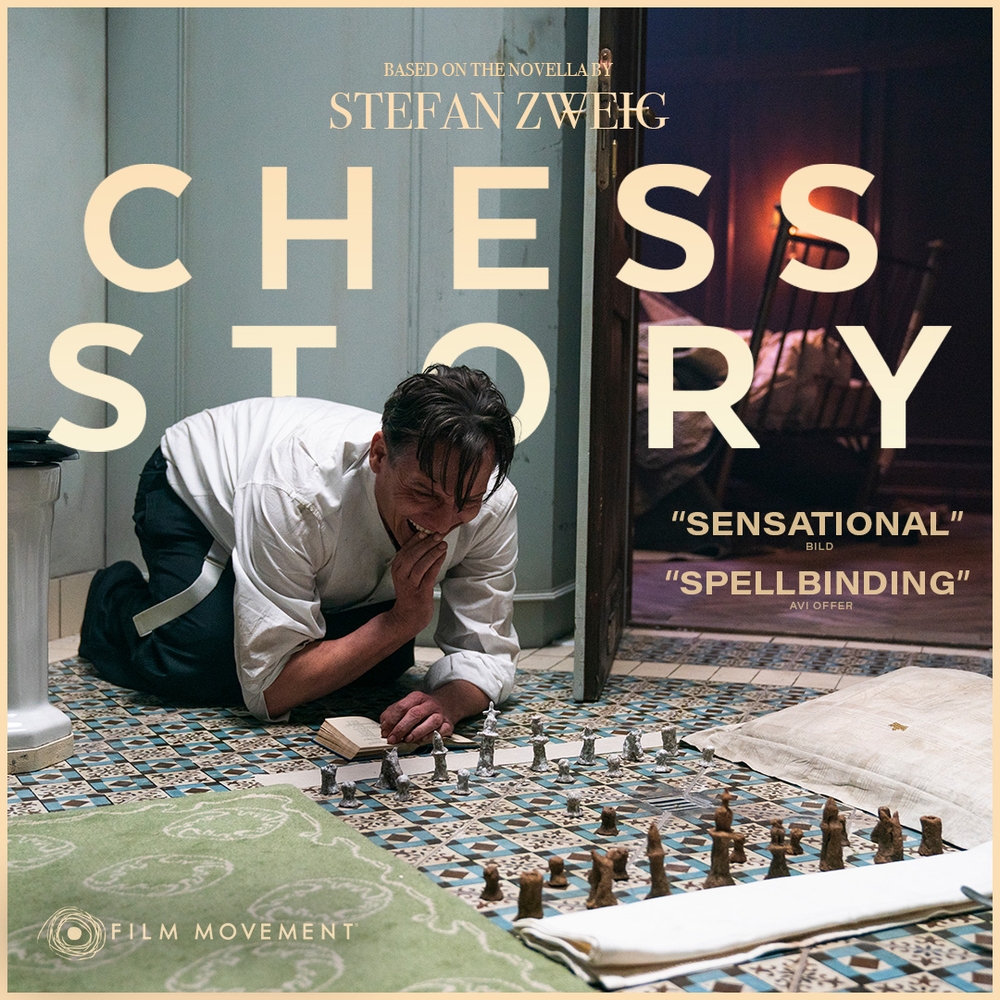Published
- 4 min read
Why Chess Story by Stefan Zweig Still Speaks to a Digital World

In a world dominated by notifications, digital overstimulation, and constant online presence, it may seem surprising that a novella written in the 1940s continues to resonate so deeply. And yet, Stefan Zweig’s Chess Story (Schachnovelle, also translated as The Royal Game) feels eerily relevant today. It’s a brief but powerful exploration of the human psyche under pressure—of isolation, obsession, and mental resilience.
A Story Born from Exile
 Written during Zweig’s exile from Nazi-occupied Europe and published posthumously after his tragic suicide in 1942, Chess Story is his final and perhaps most haunting work. The narrative unfolds on a transatlantic ship, where a world champion chess player named Mirko Czentovic agrees to play a casual game against fellow passengers. The twist arrives when a mysterious stranger, Dr. B., intervenes with an almost supernatural ability to anticipate the champion’s moves—despite claiming he hasn’t played in years.
Written during Zweig’s exile from Nazi-occupied Europe and published posthumously after his tragic suicide in 1942, Chess Story is his final and perhaps most haunting work. The narrative unfolds on a transatlantic ship, where a world champion chess player named Mirko Czentovic agrees to play a casual game against fellow passengers. The twist arrives when a mysterious stranger, Dr. B., intervenes with an almost supernatural ability to anticipate the champion’s moves—despite claiming he hasn’t played in years.
As the story unfolds, we learn that Dr. B. acquired his chess mastery while imprisoned in solitary confinement by the Gestapo. With only a stolen chess book to occupy his mind, he played games against himself—splitting his consciousness into two competing personas. What begins as a method of survival evolves into a descent into obsession and madness.
Mental Isolation and the Echoes of Today
While Chess Story is firmly rooted in the trauma of political exile and wartime imprisonment, its exploration of psychological endurance under extreme isolation is more timely than ever. In a post-pandemic era where many experienced lockdown, remote work, and social distancing, Dr. B.’s psychological spiral hits closer to home.
His mind clings to structure, routine, and stimulation as a lifeline. When starved of external interaction, he retreats into his inner world—and becomes consumed by it. In many ways, this mirrors how today’s digital environment can cause similar symptoms: digital addiction, obsessive scrolling, and fractured attention. Our devices give us the illusion of connection, but they can also trap us in endless loops of mental self-stimulation, not unlike Dr. B’s compulsive chess matches against himself.
The Double-Edged Sword of Genius and Obsession
Zweig was fascinated by people who lived on emotional or intellectual extremes—whether artists, lovers, or in this case, a tortured prisoner with a mind sharper than most. Chess Story doesn’t glorify genius; rather, it interrogates the cost of pushing the mind beyond its natural limits.
Dr. B.’s ability to master chess is both his salvation and his curse. It saves him from insanity during confinement, but leaves him permanently fractured. The final game against Czentovic is less about victory and more about survival—it becomes a test of whether Dr. B. can resist falling back into the obsessive state that nearly destroyed him.
In today’s productivity-driven world, where burnout is often worn like a badge of honor, Chess Story serves as a cautionary tale. It asks: at what point does mastery stop being a gift and start becoming a trap?
Minimalism, Powerfully Told
At just under 100 pages, Chess Story is remarkably concise, but its psychological impact lingers long after the final paragraph. Zweig’s elegant prose, even in translation, carries a tragic rhythm—poised, precise, and emotionally charged. He doesn’t lecture; he unveils. The pacing is tight, and yet every sentence breathes with insight.
In our attention-fragmented digital age, Chess Story is a reminder of the power of short, thoughtful literature to deliver more than any algorithm-driven feed ever could.
Why It Still Matters
Zweig’s novella is not just about chess, nor solely about war—it’s about the fragile line between control and chaos within the mind. It’s about what happens when the world closes in and the only place left to go is inward. In many ways, it’s also about us.
Today, we live with virtual mirrors of Dr. B.’s condition: mental overload, overstimulation, and the obsessive self-reinforcement of algorithmic environments. Chess Story asks us to reflect—not on winning or losing, but on what it means to survive with our minds intact.
In an era of noise, Chess Story remains a quiet, powerful scream.
P.S. Strongly recommend to see the movie if you are more into them: https://www.imdb.com/title/tt12058584/